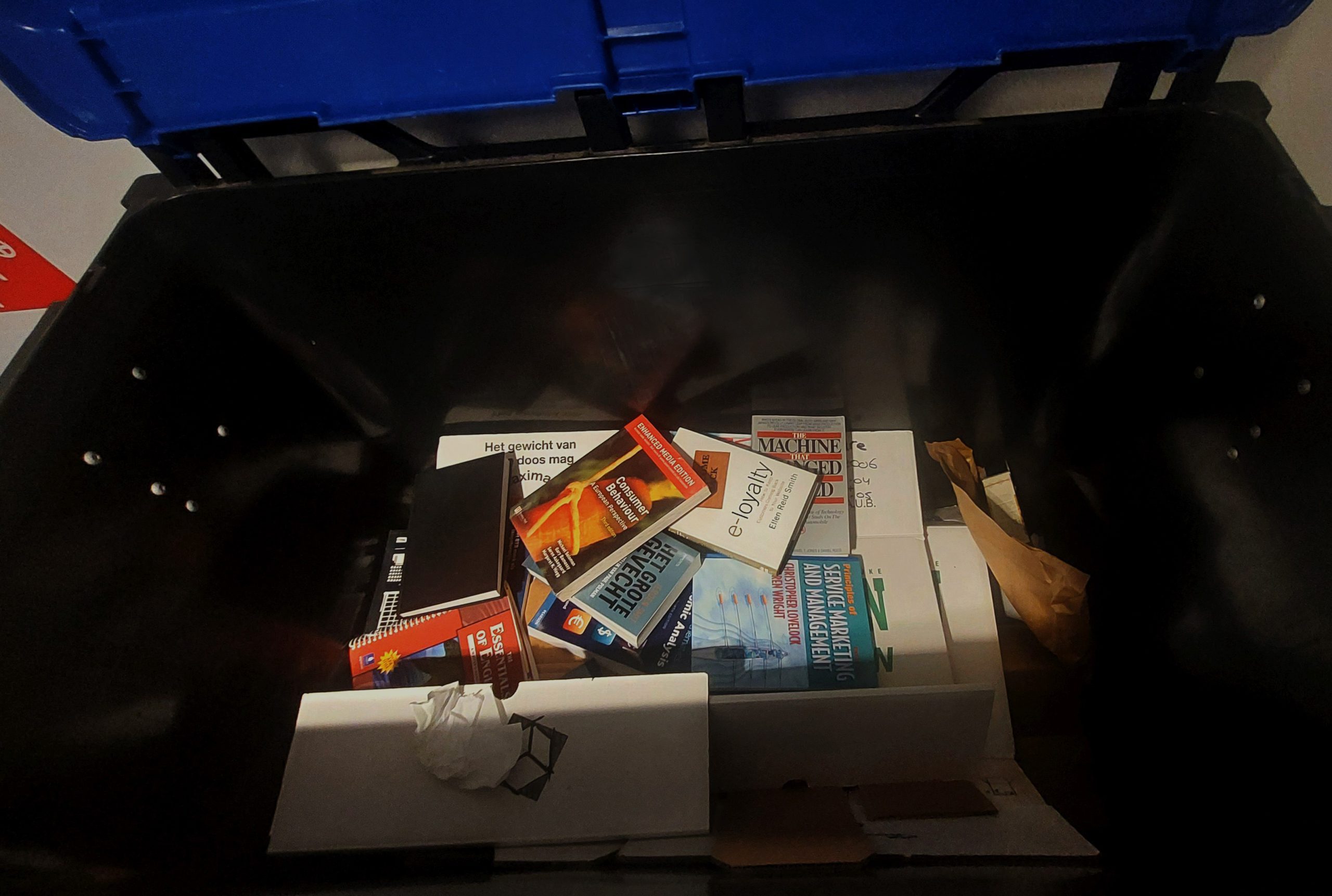I have always imagined that Paradise will be a kind of library.
– Jorge Luis Borges
I love printed text in the form of books, magazines and newspapers. While the content and the literary craftsmanship are paramount, the visual manifestation of the words adds significant value. Consider the tremendous difference between a beautifully printed book and a dull e-reader. The information and the writing style are identical, but the reading experience is vastly different.
 The enjoyment of a book’s design is further enhanced by the texture and smell of the paper. This is less relevant for magazines and newspapers, where the printing ink often stinks. But the layout remains an important added value to the content. That’s why I prefer to read newspapers and magazines on paper, or as PDFs which replicate the original printed layout.
The enjoyment of a book’s design is further enhanced by the texture and smell of the paper. This is less relevant for magazines and newspapers, where the printing ink often stinks. But the layout remains an important added value to the content. That’s why I prefer to read newspapers and magazines on paper, or as PDFs which replicate the original printed layout.
Books are almost sacred to me and it hurts to see someone discard them. Admittedly, some books may no longer hold value, like Alan Simpson’s Windows 95 Bible from 1997. Yet, even throwing that away would be difficult for me, as a book about a 30-year-old operating system is a curiosity.

Recently, a retiring colleague discarded several books in the wastepaper bin. Aaahhhrrrggg!!! Is there no alternative? Why isn’t there a central place, for example in the Library, where employees can donate surplus books for others to take? Everyone is talking about circularity and sustainability, but books are thrown away in large numbers. Upon inquiry at the Library, I learned that there is a Free Library on campus, and after a brief excursion I found it. Unfortunately, it has been cut down. You can still see what it looked like on the website of Edsway, a design agency.

It is actually a Little Free Library, a wonderful concept created by Todd Boll. Since 2009, his organisation has set up an estimated 175,000 such small libraries in over 200 countries. The sign on the amputated tree promises that our dollhouse Library will return in September. Naturally, it is quite insufficient to accommodate the more than 7,000 employees and 26,000 students at TU Delft.
We need a large space with room for thousands of books where students and employees can leave their surplus books and find new ones to their liking. Not only books about Nonlinear Continuum Mechanics for Finite Element Analysis or Spherical Harmonics and Approximations on the Unit Sphere, but especially books by George Orwell, Franz Kafka, Philip Roth, Charles Dickens, Bill Bryson, Ayn Rand, Paul Auster, Lionel Shriver, Jorge Luis Borges and all those other great writers. Books by Michael Crichton, Dan Brown, Stephen King, Michael Connelly, J.R.R. Tolkien and J.K. Rowling are also more than welcome. As the American writer, historian and journalist Shelby Foote said: “A university is just a group of buildings gathered around a library”.
Comments are closed.